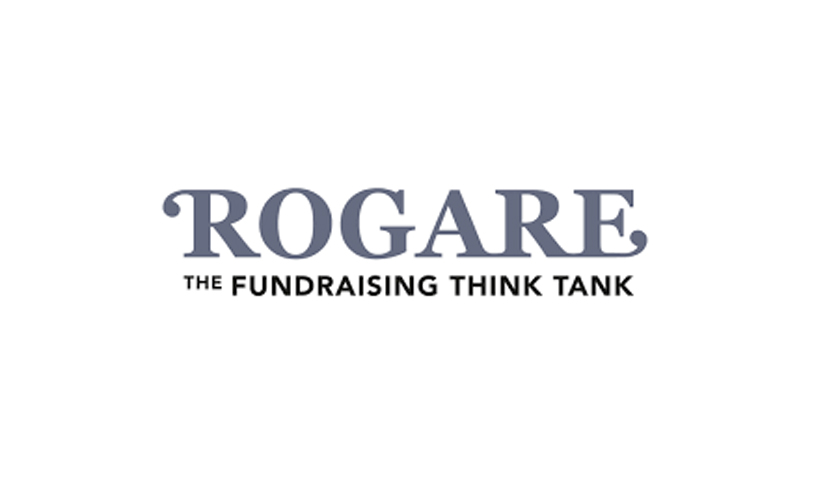Charities should publish donor codes of conduct that commit donors to behaving in a respectful and non-discriminatory manner towards fundraising professionals. This is a key recommendation from the second phase of Rogare’s work on gender issues in the fundraising profession.
The second phase of this project culminated on Tuesday March 7 with the publication of the report: A Blueprint to dismantle patriarchal structures in the fundraising profession.
As part of this paper, Rogare has devised its own ‘model’ code of conduct that other organisations can use or adapt. Rogare’s model code has donors to sign up to six statements, which include that they will treat all fundraising staff as knowledgeable professionals, never discriminate against or harass them, and not exploit the power they hold in relationships with fundraisers for personal gain.
The Blueprint is based on ‘Lean Out’ Feminist principles. Whereas ‘Lean In’ Feminism attempts to help women prosper within current patriarchal structures – such as by providing training in negotiating a better salary. Lean Out Feminism aims to challenge that very system.
The Blueprint shows what the project team at Rogare believes are the things we need to do to change that system, at three levels: sector level, organisational level and individual level. Some of our recommendations are listed below.
Heather Hill (pictured), head of head of international philanthropy at Chapel & York and chair of Rogare led this phase of the project. She says:
“Dismantling the patriarchy is such a massive job that it could seem as if anything you do is just a drop in the ocean. It might make ripples, but how do you know if those ripples will ever lead to anything. If you want to make change, what’s the map that shows you how to do that.
“The Rogare Blueprint is designed to provide fundraisers – women and men – with the confidence, by showing them where they can direct their activism for greatest effect.
“If we want to change how individuals act, we need to change how the organisations they work for act, and to do that, we need to make changes to the whole profession of fundraising.
“We firmly believe that transformational structural change starts by changing the way the fundraising profession works at level of sector-wide organisations, so we recommend starting there. But the process of change will have to be initiated and carried through by individuals, and this could start at any level.
“We think that if we can change internal structure of the whole sector and the organisations that are part of it, this will make it much easier for individuals to speak up, be heard and effect further change.”

